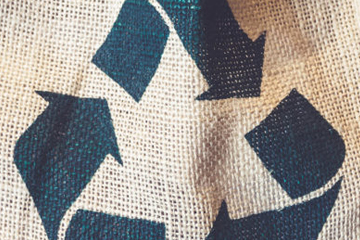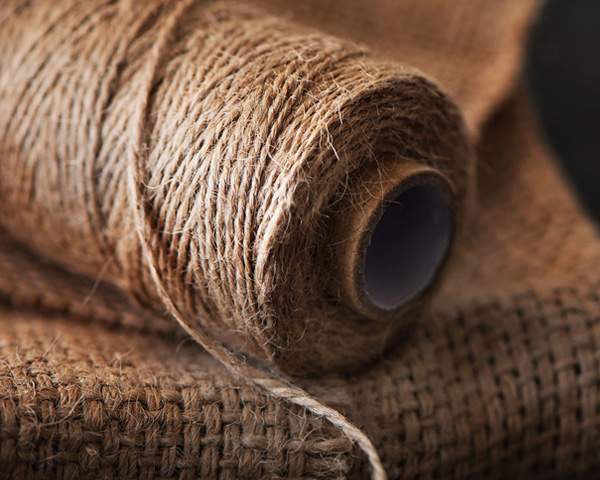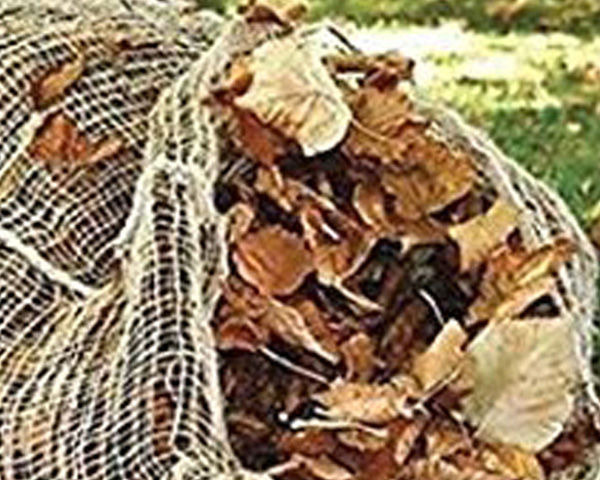What is Composting?
We hear a lot about composting these days. Every town, city, nation, government, business, organization is stressing on the need for composting.
Here is why composting is so significant in creating the circular economy. Composting encompasses all the 3“R” arrows : reduce, reuse, recycle. It is the most relevant, impactful and effective manner of reducing waste load from the landfills. Composting is helpful in reducing harmful greenhouse emission gases, reusing organic matter, and recycling organic waste. The resulting output is the highly nutrient-rich, soil-conditioner compost.
Trashing Food Waste:
Until recently, not much thought went into throwing food trash away. But not so anymore. With growing realization of the harmful effects of environmental degradation and pollution on our collective health, rethinking waste management and recycling is not an option, but an urgent call to action on the part of all.
Some statistics on Food Waste:
As per the Natural Resources Defense Council, about one-half of all food that is produced in the U.S is tossed out every year (translated into value, this would amount to approx.$150 billion annually).
So much of organic food waste being sent to landfills? Yes, unfortunately that is how it has been. With growing emphasis on composting, fortunately, it will not be this way. Industrial, automated, and manual composting systems are being installed on a larger scale to treat organic solid wastes and transform into compost, rather than landfilling it. Valuable and limited landfill space can instead be used for other inorganic wastes and non-recyclables.
The Case for Mandatory Composting:
The case in favor of mandatory composting by way of regulations are being made by municipalities, governing bodies and civic authorities in all countries, and as a means of controlling amount of organic matter allowed in landfills. The three purpose-driven goals behind this are:

Waste prevention
Resource recovery
Waste disposal
Why Organic Waste Should be Diverted Away from Landfills:
Whereas composting process does not produce harmful methane (and hence compost is methane-free), if the organic matter is broken down in a landfill, in the absence of oxygen, it produces potent landfill gases. These landfill gases are harmful while also leading to accelerating climate crises.
Process of Composting Explained:
The process of composting is really basic, natural and scientific. Composting is just the process by which organic matter (comprising of carbon, nitrogen) is decomposed. Any wet or moist organic matter such as leaves, grass clippings, food scraps, are broken down by chemical process with the aid of air, living organisms (fungi, earthworms, bacteria) and under the right conditions of heat and temperature.
With time, like 3-4 months on an average, the bacteria, fungi, yeast breakdown the materials, converting inputs to humus or compost. This, in a nutshell, is the process of composting and the resulting output is the natural, organic, soil improving compost devoid of any chemical fertilizer or methane byproducts.
Compost is Organic, Waste-Derived Treasure:
Compost is essential, soil-building, soil nourishing organic material, beneficial for land in a number of ways: traditionally used as a fertilizer, natural pesticide in gardens, landscaping, organic farming, urban agriculture, horticulture. Other than that, it finds its use in erosion control (as soil-binder), in land and stream reclamation, landfill cover, and wetland construction.
Traditionally farms, orchards, plant nurseries and produce growers have been the ones undertaking composting but now more and more industries, retailers, restaurants, food and produce processing companies, corporate offices and households have jumpstarted their own composting systems.
What Can be Composted?
Food surplus, spoilt or scraps of all vegetables, fruits with seeds, rinds and skins, bread and crusts, edibles, grains cooked or uncooked, coffee, tea, pulp, spices, expired boxed foods (not the box but the contents inside), egg shells, husks and the like. These should go to the composting bin, sack or bag.
And not to compost are dairy, cheese, butter, yogurt, creams, sauces or processed matter, fish, chicken, meat with bones, skin etc. These are not balanced nutrient mix once they decompose and can attract pests and rodents. These should be put away in the trash bin.
Few Composting Tips:
The process of composting is simple with some watch and easy management steps.
- Gather the materials: coffee grounds, tea bags, vegetables, food waste, fruits and even paper towels. Collect dead plants, leaves, twigs, shredded branches, fresh grass clippings etc.
- Create a heap of the mixture with alternating brown and green layers. All organic matter comprises of carbon, nitrogen and for ideal composting circumstances, an carbon:nitrogen ratio of about 25:1 is optimal.
- For faster composting, use shredded matter.
- Spray some water in between the layers to keep the content moist and wet.
- Keep the contents well aerated. Oxygen is required for bacteria and living organisms to decompose the matter.
- Regularly turn the mixture specially when open piles or heaps are used.
And then wait for few months. As the matter decomposes, use it in gardens, yards, land, farms etc. or even donate to anyone requiring the compost.
Why Use Biodegradable Composting Bags?
Biodegradable compostable bags are the best. These biodegradable compostable bags are made of jute and other natural vegetable matter, such as corn or potato starch. When exposed to enough moisture, the bags will compost, right along with whatever was placed inside them.
Polyethylene bags, plastic bags or other non-biodegradable bins, bags and sacks are not an ideal choice for composting understandably because these would never decompose and will leave harmful chemical residues in the compost.
Jute, Burlap, Hessian in Composting:

Everyone loves jute – for its look, properties and earth-friendly nature. Owing to its versatility, it is used in a number of ways.
Earthy jute is one of the most used natural, sustainable, biodegradable, vegetable fiber. Its’ strength, elasticity and 100% breathability are the reasons why it should be used in composting.
It is an ideal choice for composting– being a natural fiber, devoid of any chemicals, unlaminated jute fabric or burlap can be made into convenient, easy-portable composting bags, sacks or bins. With its loose weave meshes, it allows passage of light and air. The biodegradability of jute helps with not just organic composting of food and plant waste, but the jute fibers themselves are broken down into rich nutrients over a period of time, leaving zero waste residue. Hence, jute itself is highly compostable.
Jute Leaf Bags:

Jute leaf bags are immensely popular for looks, ease of use and suitability for composting. Readily compost leaves, even in small yards, by collecting, bagging and storing in handy jute leaf sacks. With built in ties at the top of each opening of sack, bin or bag, these definitely make a smart and eco-friendly choice over any plastic, paper, tumbler or other composting mediums.
Bedding Material:
Jute is also an ideal bedding material during composting process like the traditional sawdust, straws or the non-conventional paper shreds. Just start a compost pile, cover with burlap or lay a piece of burlap fabric over the pile.
Space Saver:
There is no need to have bulky barrels that take up space, budget and much harder to upkeep and maintain. For small or limited spaces, yards and urban areas – burlap, jute bags, sacks, bins would do the trick. These are light-weight, minimalistic, maintenance-free, and easy to carry while using, collecting, loading and storage. In case you want to still keep the bulky barrels or containers that you have, use burlap or jute cloth as compostable liners.
Look and Feel:
As compared to other bins, jute bins create a tidy and neat look. Stack up multiples in rows, or let them stand up against a wall or fence, the composting area can be made to look attractive, earthy and all natural, blending in seamlessly with the surroundings.
Personalizable and Affordable:
Jute compostable bins, bags and sacks can be easily customized to fit custom weight, capacity and dimension, space and layout and very economical in cost.
Jute composting bags, bins or sacks are perfect for anyone wanting to care for environment, and for cutting down on garbage, chemicals and toxic substances. Composting with jute is easy, affordable and most earth-friendly.
About Madi Décor, USA

Madi Solutions (Madi Décor), based in USA, Southern California, Orange County is a designer, contract manufacturing supply chain provider of any type of jute product in USA. Procure a whole range of composting supplies from us, made of jute, burlap, hessian, including custom-built to fit specific requirements. Contact us at info@madidecor.com
Visit us at https://www.madidecor.com
